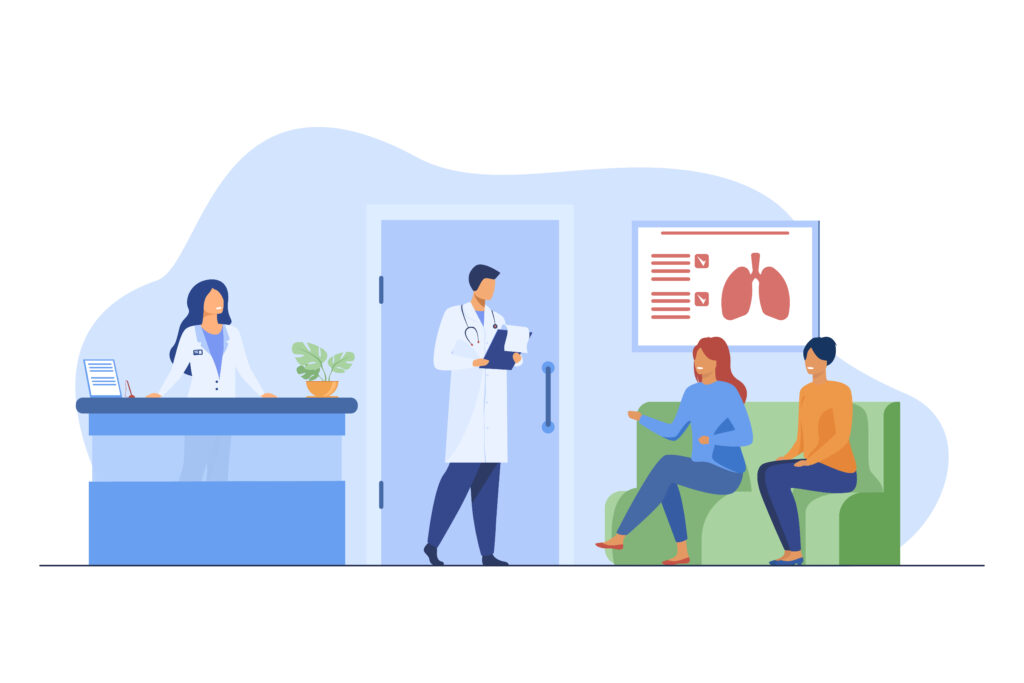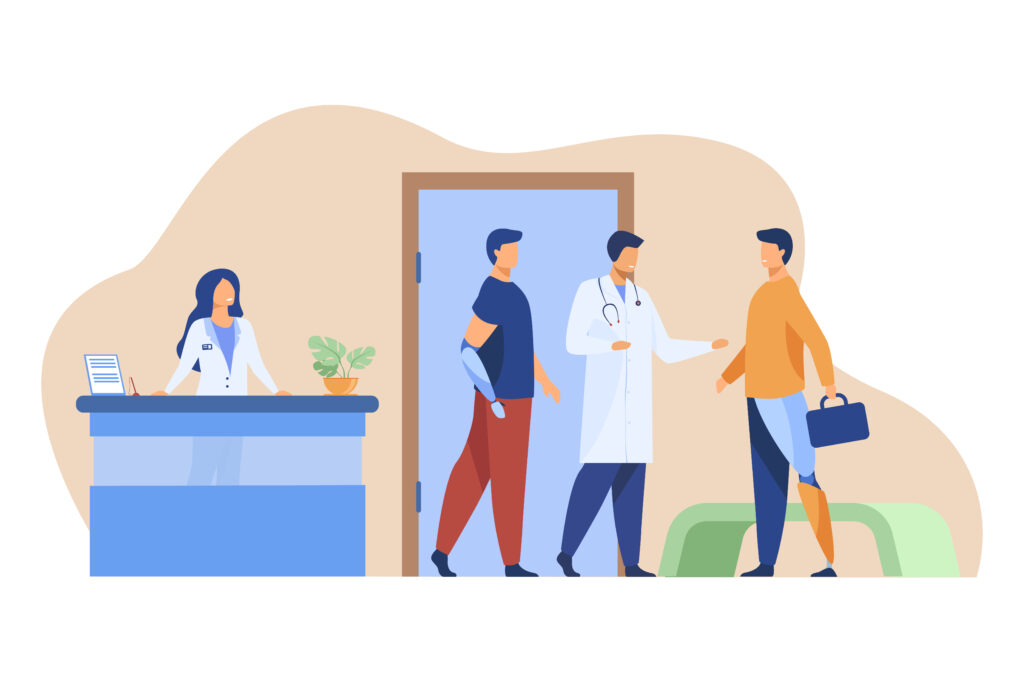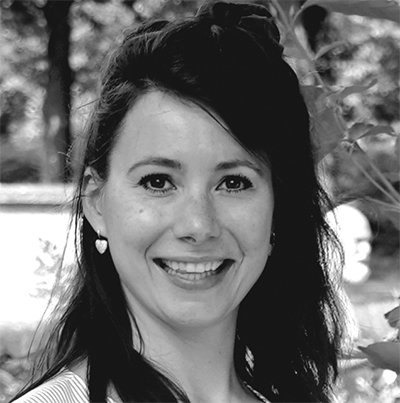General practitioner (GP)
Moving to the Netherlands comes with a lot of tasks. It is important to register with a GP when you arrive in the Netherlands. If you fail to do so, it may be difficult to receive health care when you need it. The Dutch healthcare system is one of the best in Europe, but in order to make use of the system, you need to be registered with a GP first.
Visiting the doctor is covered by the compulsory basic healthcare insurance that all Dutch residents must take out. This also means that you do not have to pay (deductible) excess if you visit the GP. If you do not have general healthcare insurance, you could be obliged to pay for the treatment yourself. Check your healthcare insurance policy before visiting the GP, if possible.
When to register with a GP
It is advised to register with a GP immediately when arriving in the Netherlands. This ensures that you will be able to receive adequate healthcare the moment that you need it. There is no obligation to register with a GP near you or within your postal code. If you feel more comfortable with a doctor further away from your home, you could register there as well. Keep in mind that you will have to travel to the doctor’s office when you are ill. Doctors are free to decline registrations if they are overbooked or if the patient lives too far away from the practice.

How to register with a GP in the Netherlands
There are a few options international students have if they want to register with a Dutch GP.
- The website kiesuwhuisarts.nl gives you the nearest GP’s based on your postal code. The website is not available in English.
- Visit your local town hall to read the community guides. This guide has information on local healthcare providers.
- Contact your healthcare insurance company. If you cannot find a GP, the insurance company will help you find one and can mediate if necessary.
It is possible to make an appointment with a GP before registering so that you can get to know the GP. It is important to find a doctor That you feel comfortable visiting and discussing your health status with. The Netherlands has a large number of English-speaking GPs.
Visiting the GP in the Netherlands
The GP is meant for medical problems that are not an emergency. Most of the time the first healthcare is received from GP. The doctor can, however, refer you to a specialist. Generally speaking, the doctors in the Netherlands work in small groups. They share a practice together for practical reasons. There are, however, some GPs that work individually as well.
The majority of doctors work with appointment-based visits. However, some doctors have drop-in sessions as well. These walk-in sessions are often held during the mornings. The advantage of the drop-in sessions is the freedom of not having to schedule an appointment when visiting the GP. The main disadvantage is the fact that these sessions usually come with long waiting times. Sometimes it is not necessary to visit the GP in person. Simple questions can possibly be solved with a phone consultation. Most doctors have a daily/weekly phone consultation hour. Doctors assistants are able to help you with simple questions as well since they have had sufficient training.
When visiting the GP, you are usually asked to show your ID as well as your health insurance card. Make sure that you carry these two with you when you leave for the doctor. The sessions generally last about 15 minutes. If you need medication and a Dutch general practitioner hands you a medical prescription, most of the time, you will be able to pick it up from a nearby pharmacy straight away.

How do you pay for the GP in the Netherlands?
Visiting your GP and the costs involved with this are, generally speaking, covered by the Compare Dutch Health Insurance which is compulsory for all Dutch citizens. The excess fee that is applicable to medical costs does not apply to doctor visits.
The doctor’s bill can be paid for in three different ways in the Netherlands:
- The doctor sends the bill to your insurer directly. This mostly happens when your insurer made special agreements with the doctor. In this case, you don’t have to worry about the bill yourself.
- The doctor sends the bill to you so you can send it to the insurance company.
- The doctor will charge you directly for the health care provided. You will need to reclaim the costs from the insurer yourself. Always save the receipts or invoice in this case.
The GP if you’re not insured yet
It could happen that you fall sick and have to visit the doctor’s office but did not take out Dutch health insurance yet. The GP can’t refuse to give you medical care if you are in need of it. You might have to pay the costs yourself if you’re not insured. When you receive your insurance information you could send the doctor’s invoice to the insurer to see if the company will reimburse you.
Expertise
We are an independent website specialising in insurance and students. We work with a team of specialists in the field of student insurance.
Sources
This page was created by using the following sources:
- www.rijksoverheid.nl
- www.hetcak.nl
- www.belastingdienst.nl
- www.zorgverzekeringslijn.nl
Information verified by expert
 The information on this page has been verified by
The information on this page has been verified by
Linda van Reenen. She is a specialist in the field of student insurance and has been working for Studentenverzekeringen.nl for over five years.
External control
The information on this page has been checked by Kristina Kakoulian of de Zorgverzekeringslijn, which is part of the Dutch Ministry of Health, Welfare and Sport.
Medical advice
We are not healthcare providers and are not allowed to provide medical advice. Do you have specific medical questions? We advise you to see a doctor or healthcare provider.





